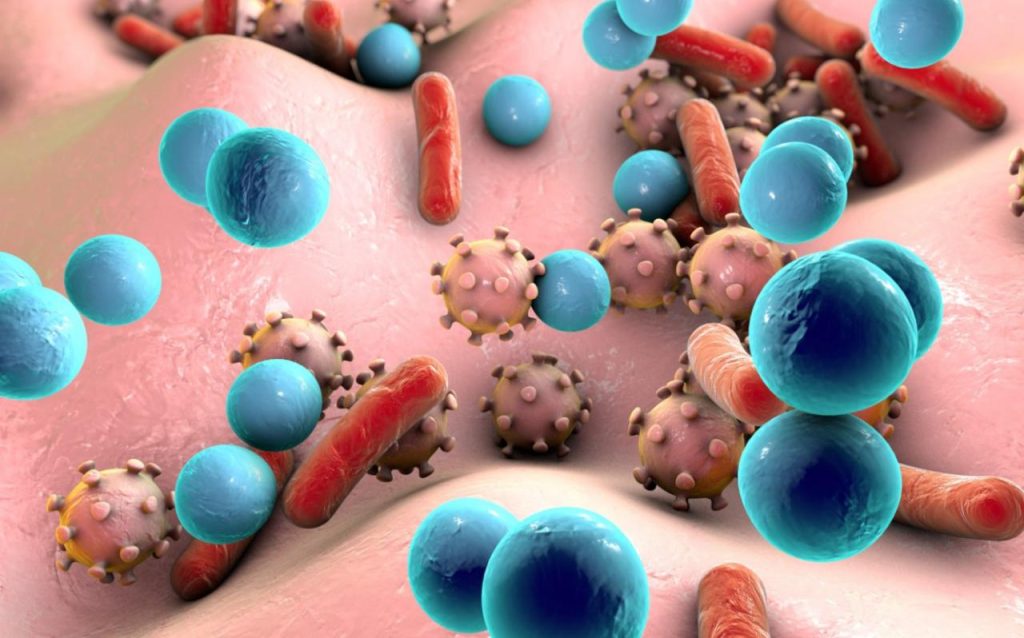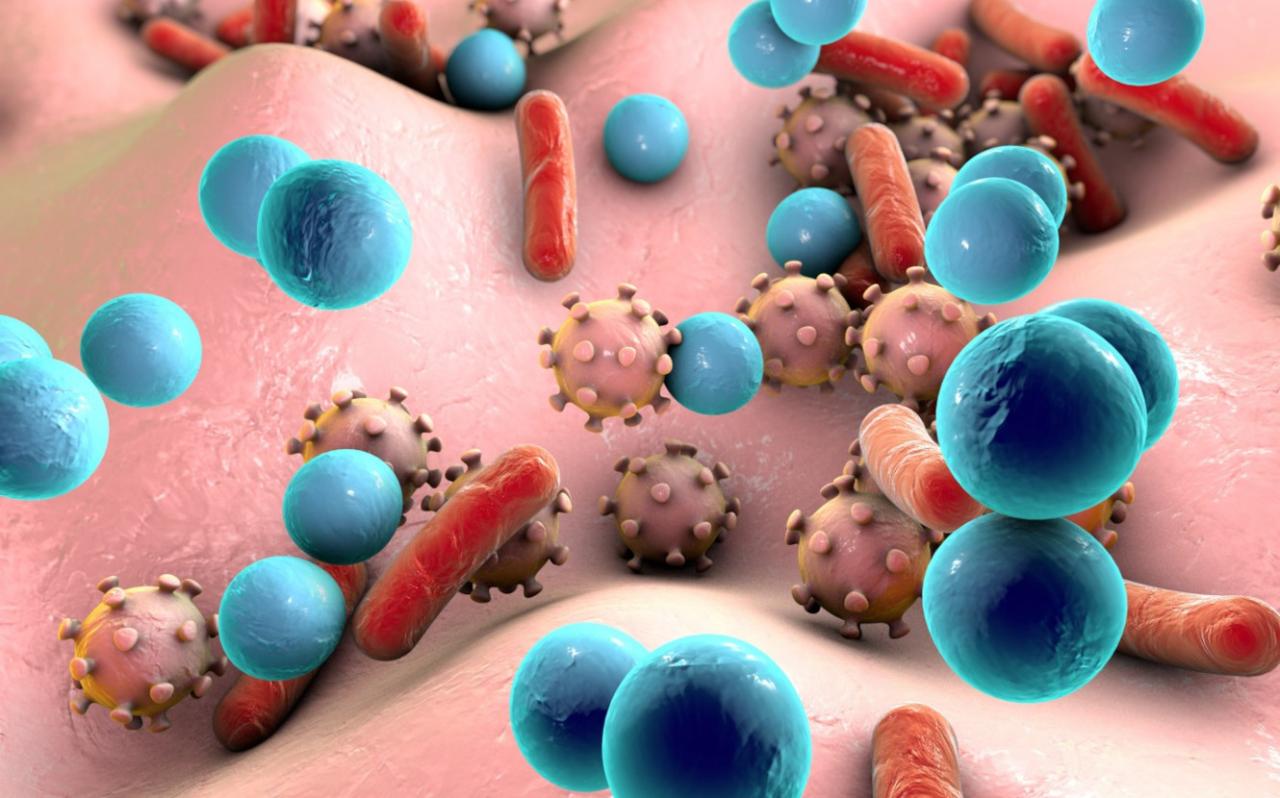Often we think of bacteria as just something that makes us sick, and we should try to get rid of most bacteria. But the truth is that they play a very important and beneficial role in keeping people and dogs healthy. So it’s worth learning what they can do for us.
Most of the bacteria that live in a dog’s gut are divided into five main groups: Bacteroides, Fusobacterium, Firmicutes, and Release Phylum and Proteobacteria. Each group or phylum (plural forms of phylum) includes hundreds, if not thousands, of known bacterial species that live in many environments. In the gut, the abundance of each gate is closely related to what your dog eats every day.
This bacterial balance is specific to each dog, and your dog’s health and well-being depends on a good balance between different types of bacteria. Stay’s seasonal microbiome test (poop test) gives you a way to monitor your dog’s health from the inside. Our expert researchers and data scientists look at specific bacterial species and their effects on the gut, as well as other gut health parameters.
Our goal is to understand what bacteria live in each dog’s gut, how they are affected by food, and what the right diet can help them make our best friends as healthy and happy as possible. Let’s start by introducing the “main five” gates.
Bacteroides:
- In the gut, Bacteroides specialize in breaking down large organic molecules such as proteins and carbohydrates.
- Bacteroides are important for your dog’s health, and studies have shown that dogs with chronic intestinal disease have fewer Bacteroides in their guts than healthy dogs.
Read more about Bacteroides and how it affects a dog’s diet.
Fusobacterium:
- Fusobacterium is associated with healthy dogs, and its numbers tend to decline in dogs with intestinal disorders.
- At least one member of this phylum, Fusobacterium varianga, breaks down proteins in food and produces molecules that are important to the body.
- Other members of the phylum, particularly Fusobacterium dead and Fusobacterium-born, have been found to be common in overweight dogs.
Read more about Fusobacterium and how it is affected by your dog’s diet.
Phylum Firmicutes:
- Many Firmicutes bacteria play an important role in a dog’s gut by breaking down carbohydrates that cannot be digested by human enzymes, such as dietary fiber and resistant starch. A byproduct of this process is a molecule that is critical to the dog’s health.
- Dogs with different types of intestinal diseases tend to have lower levels of bacteria in this phylum in their guts.
- Studies have shown that Firmicutes bacteria are also important for human health.
Read more about the firmicutes phylum and how it is affected by a dog’s diet.
Actinomyces:
- In the gut, the overall impact of this diverse bacterium on dog health is not fully understood, and studies have shown that they can have both positive and negative effects.
- Dogs with high levels of actinomycetes have higher levels of compounds related to good digestion.
- Dogs with joint disease or sudden bowel disease have fewer actinomycetes in their gut compared to healthy dogs.
- Dogs with chronic intestinal diseases have more actinomycetes in their gut compared to healthy dogs.
- Levels of this gate were also found to be higher than typical in obese dogs.
Read more about actinomycete and how it is affected by your dog’s diet.
Proteobacteria:
- Proteobacteria are not as abundant as the Firmicutes and Bacteroides, but have the largest variety of genes, which allows them to perform many different functions in the gut.
- Some members of this group can be harmful to dogs, such as some members of the Enterobacteriaceae family, which thrive at the expense of beneficial bacteria in their gut.
- Dogs with chronic intestinal diseases were found to have high levels of proteobacteria in their guts.
Read more about Proteobacteria and how it affects your dog’s diet.
Rich in a variety of digestible proteins, dietary fiber, and other nutrients, Stay’s unique recipe is specifically designed to feed different beneficial bacteria in your dog’s gut and maintain a healthy balance between the five common phyla.
Our biofeedback process and seasonal microbiome exams allow us to understand how nutrients affect this delicate balance, as well as the specific important bacteria in each phylum, and ensure that your dog’s food meets the needs of the beneficial bacteria in your gut.

